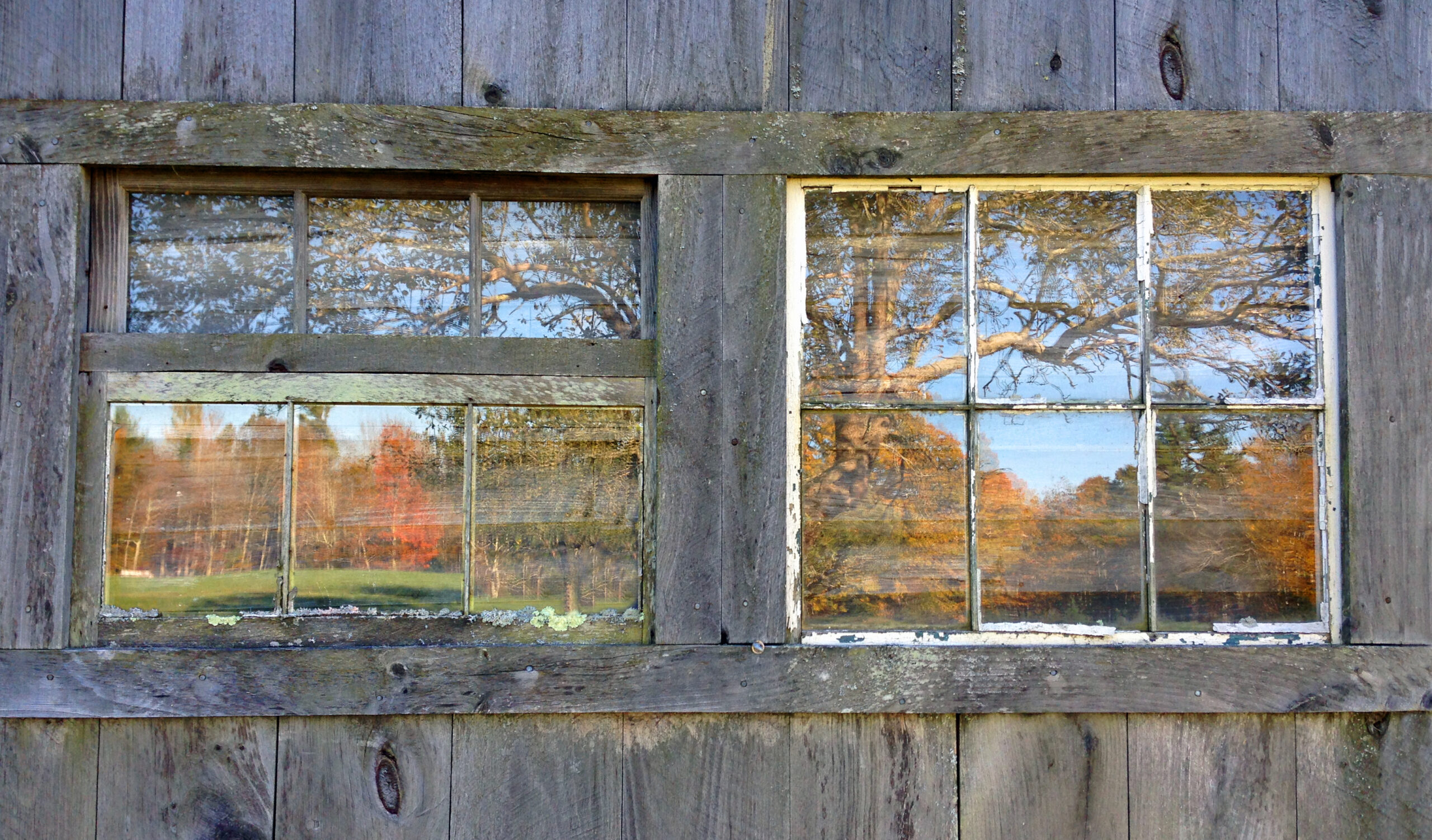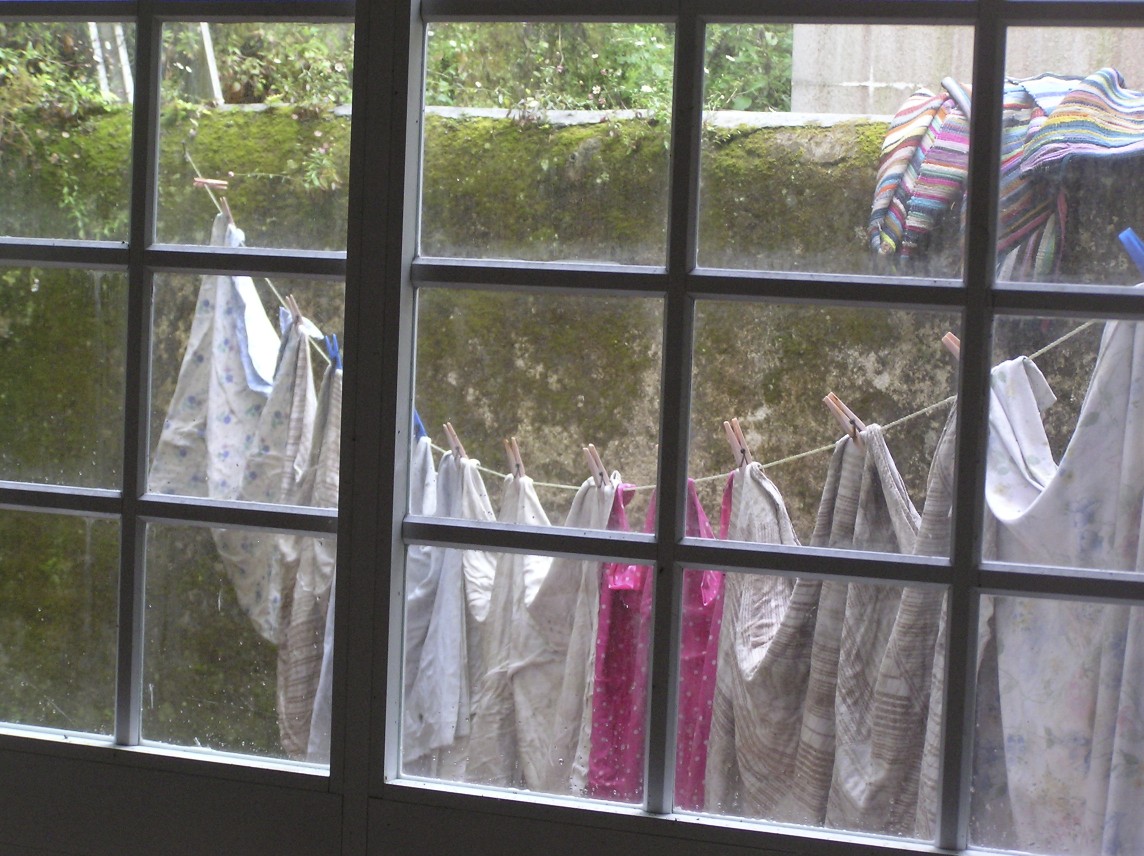
Pathway 5: Rest and Recuperation: Cacioppo and Patrick offer the expected conclusions that time away from work (“leisure”) as well as sleep are required for us to recover from stress conditions. People who are lonely tend to find fewer occasions for leisurely relaxation or for sleep. Furthermore, they are less inclined to seek out the assistance of other people when seeking to recuperate. Left alone, these people “stew” on their inability to find joy in their life and spend restless nights imagining lion. We need other people in our life.
Yet, this might not always be the case. While other people are often essential for us to rest and repair, there are institutions in our society that for many centuries have provided the opportunity and setting for us to engage in these healing processes. These are Sanctuaries (Bergquist, 2017). They are certainly of great value in a world filled with many stressful challenges. Typically, these sanctuaries are located in physical settings—such as the Heiau found in Hawaii for the repair and restoration of defeated warriors or the Zen sanctuaries near major cities such as San Francisco and in more remote areas such as Taos, New Mexico. They also can be found in a special room in our home or even in our personal hearts and minds (what the songwriter, Billy Joel, has identified as that part of our heart which will always be “safe and strong” where we “heal the wounds from lovers past/Until a new one comes along.” I will have much more to say about these invaluable settings in my forthcoming fourth essay of this series.
Conclusions
Cacioppo and Patrick (2008, p. 269) conclude their insightful and through analysis regarding the psychology of loneliness by turning to both a religious and scientific statement regarding the human need for interpersonal relationships. First, the religious statement:
“Coming from the religious tradition of John Donne, C. S. Lewis wrote: ‘We are born helpless. As soon as we are fully conscious we discover loneliness. We need others physically, emotionally, intellectually; we need them if we are to know anything, even ourselves.'”
Now the scientific statement:
“Coming from the scientific tradition of Charles Darwin, E. 0. Wilson wrote: ‘We are obliged by the deepest drives of the human spirit to make ourselves more than animated dust. We must have a story to tell about where we came from, and why we are here.'”
All of this adds up to a definitive conclusion. We need other people in our life for many reasons—if nothing else than to discover who we are individually and collectively. Yet, being alone for some people at certain times does not lead to a negative (damaging) loneliness. There can be “healthy” and productive times spent alone. Just as there is something called “U-Stress” that relates to forms of stress that produce health and productivity, so we might identify something that we can call “U-Alone” which results itself in health and productivity. Our authors put it this way (Cacioppo and Patrick (2008, p. 13):
“. . . being alone does not necessarily mean being lonely. . . . Think of a naturalist doing research in the rain forest, or a pianist in a marathon practice session, or a bicyclist training in the mountains. Prayer and meditation, as well as scholarship and writing, also involve long stretches of solitude, as do most artistic or scientific endeavors. Needing “time for myself” is one of the great complaints of men and women in today’s harried marriages, whether they are multitasking their two careers and family or one spouse is putting in sixty-hour weeks at the office while the other stays home with the kids. In fact, fairly or not, people often judge individuals who are unable to tolerate solitude as being needy or neurotic.”
This represents an important shift in perspective. While people who are lonely are portrayed as being filled with stress and resentment, those who can’t stand to be alone are viewed as being “needy or neurotic.” Apparently, there is a happy medium – as often seems to be the case at the conclusion of a lengthy psychological journey.









